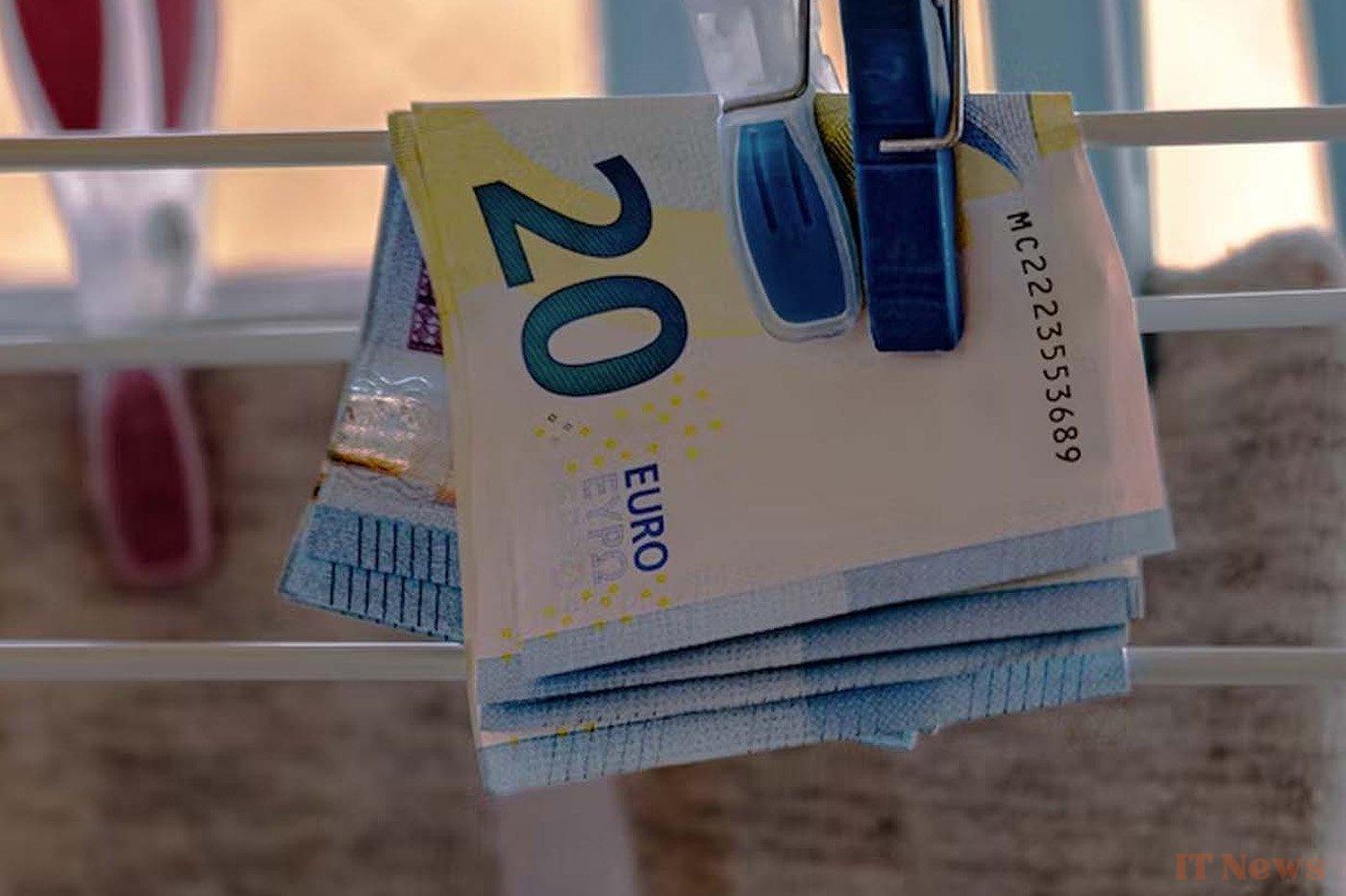Even though inflation now seems to be stabilizing below 2%, managing one's personal budget remains a daily challenge for many French people. Faced with In light of this reality, the Japanese Kakebo method is experiencing a resurgence of interest all over the world.
Household Accounts Book
As our colleagues at Ouest France point out, this technique was born in The early 20th century is based on a simple but powerful principle: manually recording your expenses and forecasts in a notebook in order to better control your finances and become aware of your consumption habits. “The Kakebo, or “household accounts book” appeared in 1904 under the impetus of Hani Motoko, one of the first Japanese female journalists”, recalls the daily. At a time when women had very little place in society, this method aimed to offer them a tool for financial autonomy by allowing them to manage the family budget themselves.
Far from the digital applications and automated tools that are available today, Kakebo focuses on manual writing – with an approach that encourages more conscious and in-depth reflection on money management. By recording each expense in a small notebook, each income, and planning their savings goals, the user engages in a process of introspection.
Each month, the method invites you to ask yourself four fundamental questions: How much money do I have available? How much would I like to save? How much have I spent? And finally, how can I improve my spending? Ouest France explains that these questions “encourage awareness of one's consumption habits” and thus promote better budget management.
The strength of Kakebo also lies in its ability to organize expenses into distinct categories (which you can also do via applications like Revolut or BoursoBank), which allows for a more detailed analysis. Cited by our colleagues, the online bank BforBank recommends dividing your monthly budget into four main categories: essential expenses such as food, hygiene or housing; optional expenses that bring pleasure such as going out or buying clothes; cultural expenses such as books, music, theater or cinema; and finally unforeseen expenses that must be anticipated despite everything, such as urgent repairs or health expenses.
A pragmatic approach
Over time, Kakebo has become a popular tool in Japanese society and has adapted to economic and social developments while maintaining its pragmatic and manual approach: Kakebo invites us to slow down and take the time to reflect on each euro spent, even as excessive consumption explodes everywhere. This method finds a particular resonance today as many households seek to better manage their budget in the face of economic uncertainties.
Furthermore, with the budgetary measures announced for 2025 in France, adopting a method like Kakebo can be wise. It will allow you to better anticipate your expenses, but also to quickly identify areas where adjustments are possible.



0 Comments